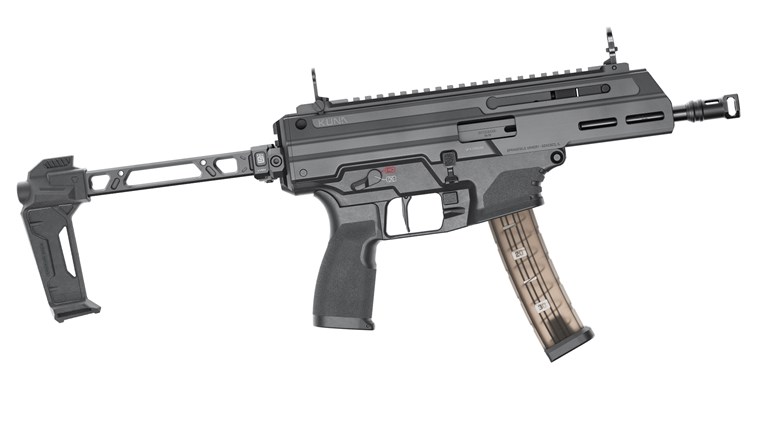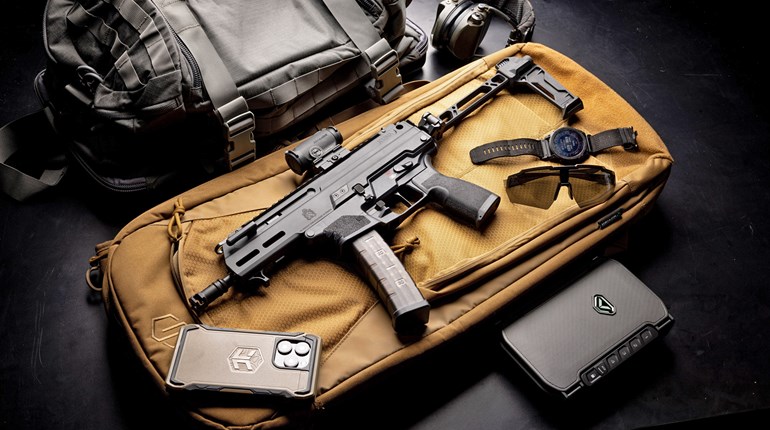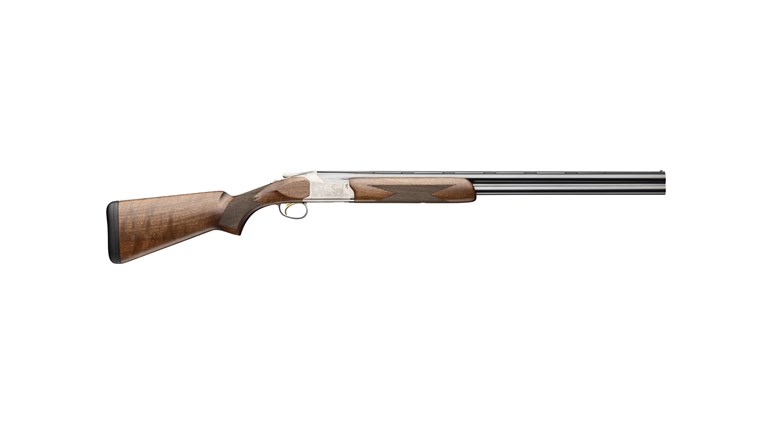
Firearms classes cost time and money. Are they worth it? With any pursuit, from swinging a golf club to shooting a handgun, we improve more rapidly and efficiently when we learn under the supervision of an experienced teacher. The earlier we begin the formal learning process, the more we can benefit from those lessons. To get the most out of our training, it is important to choose our classes and instructors wisely. How do we choose the right types of classes to attend, and find reputable instructors who provide safe and beneficial training?
Training Priorities of the Armed Citizen
First, we have to prioritize our class wish list based on our needs. When it comes to the private citizen interested in self-defense, our needs are actually pretty predictable. What a private citizen probably doesn’t need is a class that focuses on team tactics with long guns, room clearing under night vision or rappelling followed by long-range precision shooting. To be clear, so long as such training is conducted safely, there’s nothing wrong with it and it’s probably a lot of fun. It’s just that such training is unlikely to be of much benefit to you in any typical defensive situation you’re likely to encounter. The typical private citizen defensive encounter occurs in a transitional space such as a convenience store or supermarket parking lot or perhaps your driveway and the matter is usually decided in a very short period of time at conversational distances.
So what skills do we need to acquire to deal with common threats to private citizens? We need an understanding of violent criminal behavior so we can understand the problem we might face. We need verbal skills to interact with strangers to deescalate avoidable confrontations so we only need worry about the truly unavoidable ones. From a tools perspective, it is useful to have multiple layers of options in addition to our carried handgun, from verbal agility to empty handed fighting skills and less lethal skills and tools, because not every problem is a “gun problem” that meets the legal or ethical threshold for lethal force.

From a shooting perspective, we first need to be able to access and handle our handgun safely, know the laws of self-defense and justifiable use of lethal force. Once we can do that we need to develop the ability to draw and make rapid, precise hits on target until the lethal threat has ended. This begins with static, two-handed shooting at single targets, and eventually can and should progress to shooting moving targets, use of cover and concealment, clearing malfunctions, and shooting one-handed with either hand, in case either hand is disabled at the onset of an attack.
Beyond just shooting, it is advantageous to take scenario-based training that teaches and tests your skill set holistically, from verbal interactions and recognizing danger, to decision-making, use of appropriate force options, and appropriately managing the aftermath of a violent encounter. Additionally, some basic trauma medical skills are prudent, so you can treat yourself or other injured innocents once a threat has been stopped. It would be awful to win a fight with a violent criminal only to bleed to death waiting for EMS to arrive.
You will notice there are a wide variety of skills useful to self-defense. Many people have a tendency to focus their training and practice at one narrow aspect of self-protection, leaving other skill gaps unaddressed. It’s fun to train at what we enjoy and do well, but if we are serious about being competent self-defenders, we should embrace the idea of being a “jack of all trades” who is competent in a number of areas rather than trying to master one narrow skill.
So take a credentialed concealed carry class that covers the fundamentals of safe gun handling as well as legal use-of-force in your state, and where you are authorized and prohibited to carry. Then take basic and intermediate defensive handgun classes that focus on working from a holster and mastering the fundamentals of the defensive pistol skills listed above. Consider a pepper spray class, martial arts training, and exercise programs (as your health permits). Take a basic trauma medicine class. Search out a scenario-based training class to learn and test the incorporation of all your self-defense skills.
Option Overload
Now we know what kind of classes we ought to take. Now what? There have never been more options available, but that is a mixed blessing. It can be extremely difficult to tell the difference between outstanding instructors and poor ones simply by looking at their websites or social media pages. Here are some general guidelines that serve me well:
What credentials does the instructor hold, and do those credentials indicate a degree of competence in what they are teaching? Many if not most states have a credentialing program for instructors to teach concealed carry permit-certifying classes, and that should be the bare minimum for your introduction to formal training. There are a number of nationally recognized bodies that offer instructor development and certification programs, the most well known of which is the NRA. While holding a nationally recognized instructor certification doesn’t, by itself, mean that the instructor is a masterful teacher, the absence of any such credentials should give you pause.
Examine an instructor’s background. Look for specific, verifiable experience in that instructor’s background consistent with the skills you want to learn. That doesn’t mean necessarily mean a SWAT or special operations background, either. We can absolutely learn technical shooting skills from a USPSA Grand Master shooter, presuming we can actually verify he or she is a Grand Master. If the instructor does have a military or law enforcement background, but you are trying to build private citizen self-defense skills, look for evidence they translate their duty experience to the private citizen context.
When the instructor claims military of law enforcement service, I look for specificity as an indicator of legitimacy. Instructors making vague claims about “Black Ops,” “Military Spec Ops,” “Tactical LE,” or “Overseas Security Contracting,” is a huge red flag for me. Instructors with legitimate backgrounds in elite law enforcement and special operations units almost never have to obfuscate their service, and “it’s classified” is often a code phrase for “I made it up.” If asked directly, legitimate instructors will tell you specifically where they served and when. I personally provide a Form DD214 with the specific details of my military service to any prospective student who asks, as well as references.

I’m also more interested in whom an instructor learned from than who he has taught. If the instructor’s website is full of information about all of the “high-speed” groups of people he has taught, but doesn’t reveal whom he has trained under and where he learned the material he is teaching, that gives me pause. I look for instructors who give credit to their mentors and the organizations that helped them develop their skills, and demonstrate that they are lifelong students themselves.
Finally, I stay away from instructors with overly aggressive marketing schemes and online personas, excessive use of buzzwords, or overly dogmatic opinions. If I am ever in a self-defense shooting and have to defend myself in court, I do not want to have to answer for having “Blackbeard McFaceshooter’s DEATH DEALING PISTOL CLASS” on my training resume. I also avoid excessive buzzwords because, in the words of John Feynman, “If you can’t explain it simply, you don’t understand it well enough.” Finally, outside of safety rules, there is very little in the self-defense shooting world that is always black-and-white. There is nuance involved in any question, and “it depends” precedes the answer more often than not. A quality instructor can explain what the correct answers depend on, and help guide you to the ideal solution for you. However, if an instructor is overly dogmatic about this or that way being “The Only Way,” I am typically going to look for another instructor.
Conclusion
Formal training classes accelerate our learning and acquisition of self-defense skills. The best practice is to examine what skills we need for realistic, armed self-defense in our lives, and then seek out credentialed, thoughtful, instructors with verifiable expertise in those disciplines. By doing so, we can maximize our time and budget while we seek to make our loved ones and ourselves safer.



































